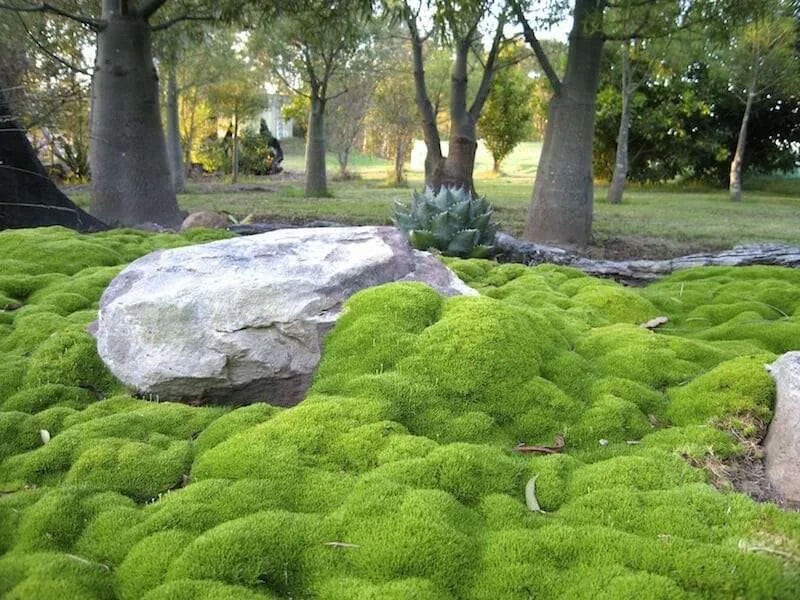Last week when I was cooking with Thai basil purchased at an Asian supermarket, I wondered why I limited my herb garden to Genovese basil? And, come to think of it, why not consider planting other Asian vegetables for my culinary explorations? Then I found Kitazawa Seed Co., the oldest seed company in the US specializing in Asian vegetable seeds.
When it began in a San Jose, California warehouse in 1917, Kitazawa Seed Company sold all kinds of seeds. But, many of their customers wanted to grow Asian vegetables in order to prepare traditional Japanese dishes. Kitazawa saw an opportunity and created their own line of packaged Asian vegetable seeds. Today, Kitazawa Seed Co. offers more than 250 seed varieties that produce dento yasai or traditional heirloom vegetables of Japan, the Asian vegetables popularly found in farmers’ markets and specialty grocery stores. Move over romaine, the spring vegetable garden is making room for Bok Choy (Pak Choi) and Chinese cabbage.
Photographs by Janet Hall.

Above: Since its inception in 1917, Kitazawa Seed Co. has been packaging seeds in the same manila packets with green ink that are used today.
Above: Kitazawa Brothers Seeds storefront in San Jose California. Image courtesy of Kitazawa Seed Co.

Above: In addition to offering more than 250 individual varieties of seeds, Kitazawa sells curated chef specialty garden seed collections, such as the Kitazawa Asian Herb Garden Seed Collection and the Kitazawa Thai Garden Seed Collection, that offer selected combinations of the most popular Asian vegetables and herbs. Each collection includes seven different seed packets and is $22.

Above: Kitazawa offers more than 25 varieties of bean seeds, including the Kitazawa Orient Wonder Yard Long Bean shown above for $3.49 per packet. In addition to cultivation instructions, each seed packet offers culinary tips on the back. Of the Orient Wonder bean, the tip reads: “This type of bean is used in the popular Szechwan dish Dry-Fried Beans. Try in recipes that use snap beans. Prepare beans by cutting into 2-inch sections.” For more seed sources, see our earlier posts: “Seed Source: The Homestead Squash Seeds” and “Shopper’s Diary: Comstock Ferre & Co.“












Have a Question or Comment About This Post?
Join the conversation (5)